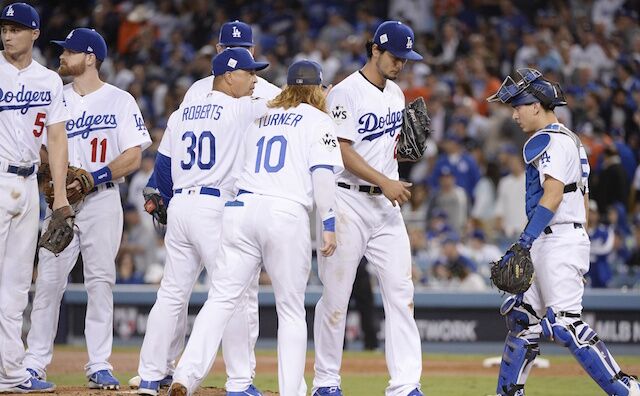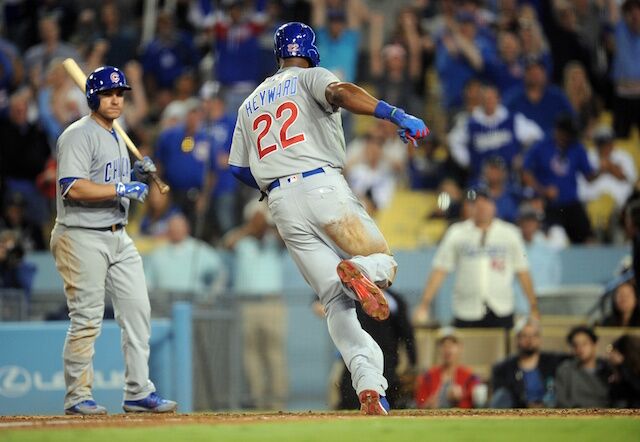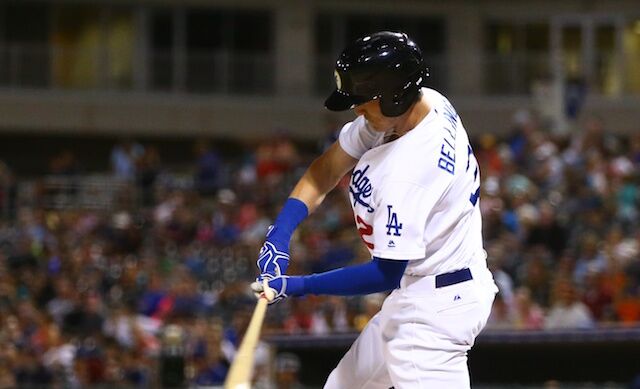As I reflect on my senior year at a high school on Long Island, NY—a mere stone’s throw from Brooklyn, yet worlds apart regarding diversity—I recall an assignment that significantly shaped my understanding of societal issues. The task was to write about diversity, and I chose Jackie Robinson, a towering figure who bridged my passion for baseball with pressing social themes. Despite living so close to where Robinson broke baseball’s color barrier, my school hosted only a handful of minority students in a predominantly white setting. This reality was stark, incredibly fresh off a breakup with my Hispanic girlfriend, which exposed me to nuanced perspectives on race and relationships.
In this environment, Jackie Robinson’s story resonated deeply with me. Baseball, often called America’s pastime, was not just a sport to me but a lens through which to view and understand the broader societal shifts. It has been a stage for crucial historical moments, reflecting the progress and ongoing struggles for equality. Now, as society grapples with these issues more intensely than ever, Robinson’s legacy of breaking barriers and fostering inclusivity in baseball mirrors our time’s broader challenges and aspirations.
Jackie Robinson
In 1947, Jackie Robinson broke Major League Baseball’s color barrier by joining the Brooklyn Dodgers, which wasn’t just about integrating a sport and challenging deeply entrenched racial norms in America. His journey wasn’t just about playing baseball; it was fraught with racial discrimination and required immense courage and resilience. Robinson wasn’t simply a player; he was a crusader in cleats whose actions on and off the field helped to steer the social currents of his time.
As a student delving into Robinson’s life and the Dodgers’ history, I didn’t just learn about baseball. I learned about the struggle and triumph of a man who stood firm against adversity and a team that supported him in this fight. This project was more than an academic exercise; it was an eye-opener to individuals’ and organizations’ roles in championing social change.
Post-relocation to Los Angeles in 1958, the Dodgers continued to embody this spirit of inclusivity and advocacy for social justice. They didn’t just play games; they engaged in community outreach, developed programs for youth, and used their platform to address social issues. As I wrote about these efforts, I saw the ripple effect of Robinson’s legacy—a continuous push toward a more equitable society.
However, the journey is far from over. The essay also made me realize the ongoing challenges in achieving true diversity in baseball and other spheres. Today’s lack of diversity among players, coaches, and executives echoes the need for sustained efforts to break down barriers.
Looking back, this assignment did more than fulfill a class requirement; it was a profound learning experience that has stayed with me. Jackie Robinson and the Dodgers taught me about the power of sports as a catalyst for social change and the importance of standing up for what is right.
Today, athletes continue using their advocacy platforms, mirroring Robinson’s legacy. They kneel, speak out, and demand justice, keeping the conversation alive and urgent. As we reflect on the strides made and the path ahead, Jackie Robinson’s story serves as a potent reminder of sports’ transformative potential and a call to action to continue pushing for a fairer, more inclusive world.
In remembering this high school project, I am reminded of the profound impact that learning about figures like Robinson can have on a young mind. His story isn’t just a chapter in the history of baseball; it’s a beacon of hope and a testament to the enduring power of resilience and advocacy in the face of systemic injustices. Let’s keep this legacy alive as we strive for a future where diversity, inclusion, and justice are not just ideals but realities.
(This was written and submitted by David Miller, Wantagh, New York)










